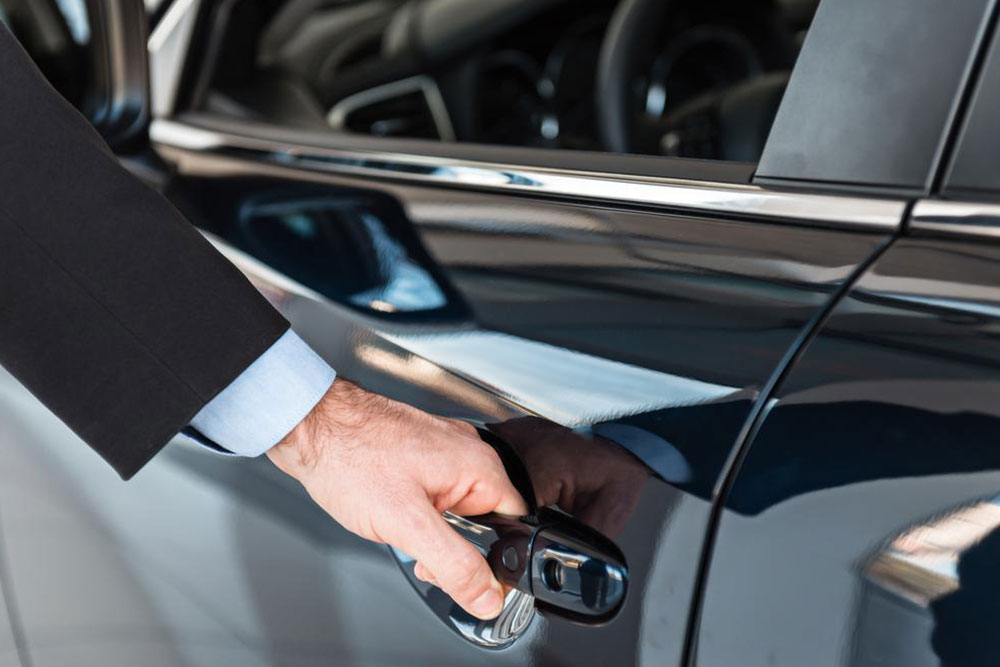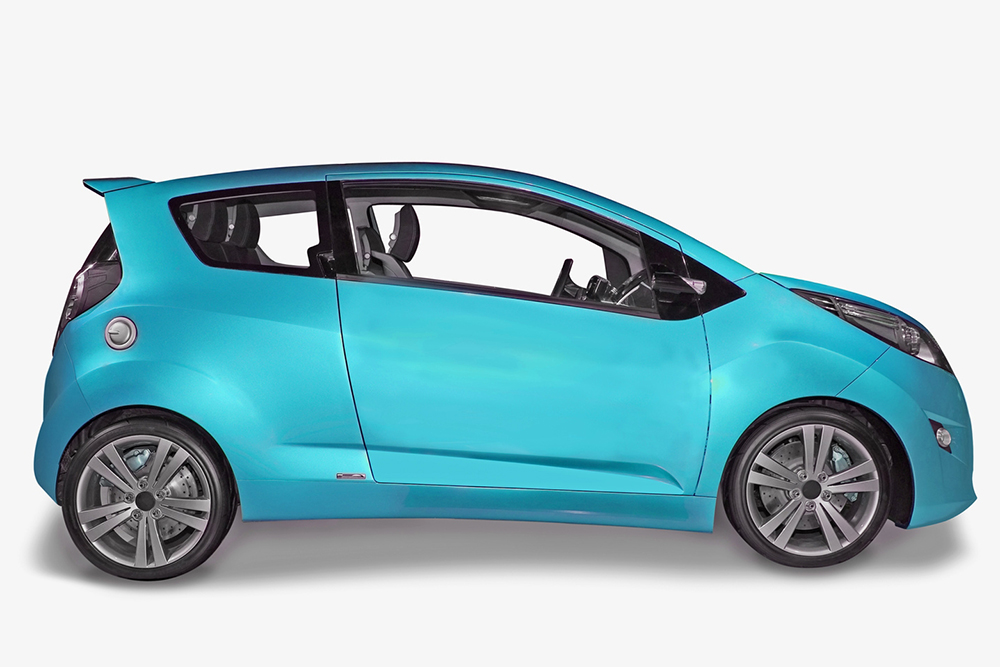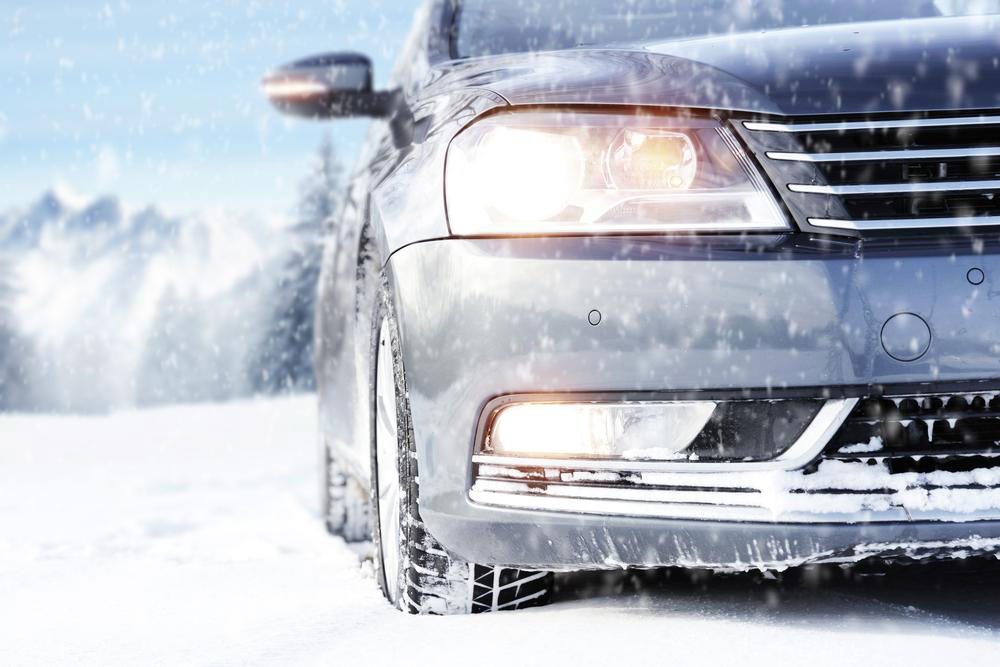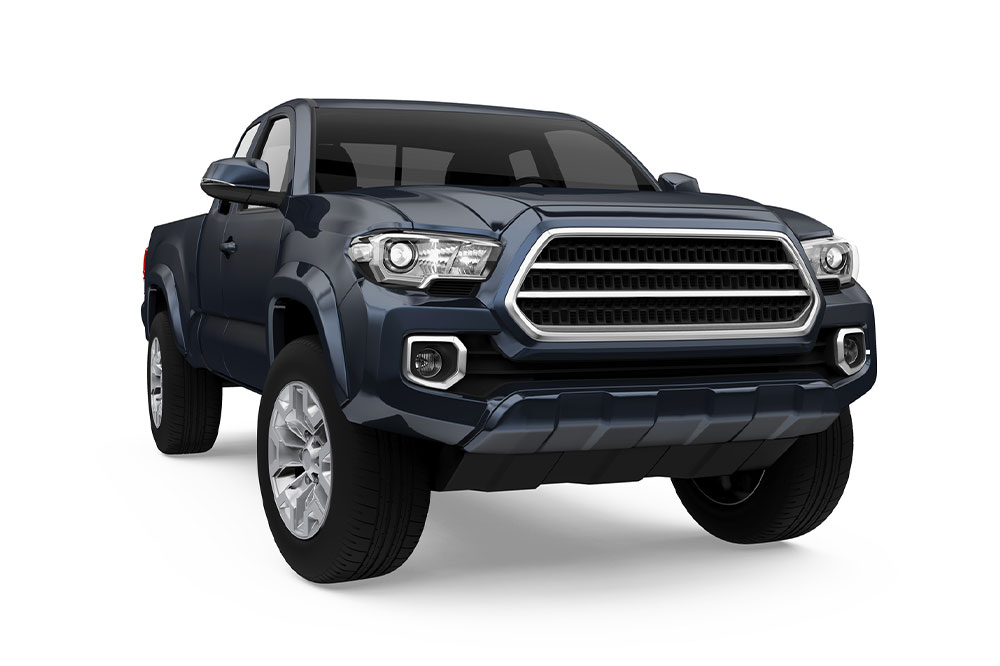Essential Tips for Renting a Vehicle in Canada
Discover essential tips for renting a car in Canada, including required documents, age restrictions, insurance options, costs, and best times to rent. This guide ensures a smooth rental experience whether you're a tourist or a local exploring the country's scenic routes. From deposit policies to picking up your vehicle, get everything you need to know before hitting the road. Plan your trip wisely and enjoy your Canadian adventure with confidence.

Essential Tips for Renting a Vehicle in Canada
Traveling across Canada by road offers a fantastic way to experience the country’s diverse landscapes, from majestic mountains to beautiful coastlines. For those without a personal vehicle, renting a car is an excellent option to explore freely without the constraints of public transit.
1. Required Documentation
A valid Canadian driver’s license is essential when renting a car in Canada. Some rental agencies may also accept licenses from the United States. Note that driving on a learner’s permit is not permitted. Tourists may rent with their license for up to 90 days if they have insurance coverage and an international driver’s permit. A passport is typically required for identification, especially for international travelers. Crossing borders may require special permissions and insurance valid in both countries, along with proper visa and passport documentation.
2. Age Restrictions
Rental age limits vary by province and provider. Typically, drivers must be at least 20 or 21 years old with a valid license. Some companies accept drivers from 18, but younger drivers often face extra charges, usually around C$19 per day, due to higher accident risks. Always confirm age policies beforehand to avoid surprises.
3. Insurance Options
Insurance coverage is a must for all rentals. Basic Collision Damage Waiver (CDW) is generally included, but it offers limited protection. For better coverage, consider purchasing additional insurance through third-party providers, your credit card, or the rental company itself. This safeguards you against significant costs in case of accidents.
4. Rental Costs and Security Deposits
The total rental price depends on factors like vehicle type, rental duration, location, and season. Always compare rates across providers to find the best deal. Note that a credit card deposit, or security hold, is typically required to cover potential damages or refueling costs. Deposit amounts vary, with premium cars requiring higher holds. Renting without a deposit is rare but may be possible with added insurance coverage.
5. Optimal Timing for Renting
The ideal time to rent is between July and mid-September, when weather conditions are milder and many outdoor activities are available. However, prices tend to be higher during peak season due to increased demand. Planning your trip during shoulder seasons could help save costs and avoid crowds.
6. Picking Up Your Rental Car
When collecting the vehicle, examine it closely for pre-existing damage. Take photos of any scratches and inform the rental staff immediately. Ensure you receive all insurance documents and understand the coverage details. Check that the gas tank is full and confirm the keys and necessary legal papers are handed over. These steps help avoid disputes and ensure a smooth rental experience.










